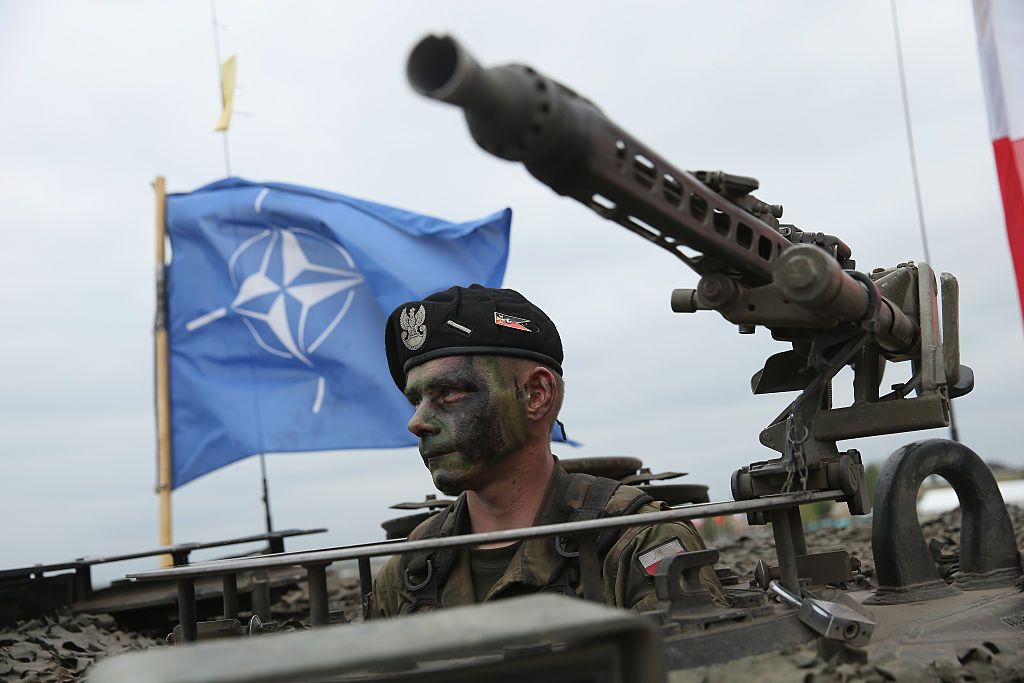Republican Senate leader Mitch McConnell told reporters on Jan. 17 that the Senate could expect a new Ukraine-border security package as early as next week.
"My assumption is we’re likely to be on that in the Senate next week," McConnell stated. "We’re hoping to get a credible border package...I anticipate that will be before us next week."
Republicans in the U.S. Senate previously blocked a supplemental funding bill that included $61 billion in aid for Ukraine in a procedural vote held on Dec. 6, insisting that any further military aid must include major significant domestic border changes.
Politico later reported on Jan. 16 that Biden had called for a bipartisan meeting of top leaders to try and hammer out a deal on border issues, Ukraine aid, and other spending issues. The U.S. has been stuck in internal battles over spending for months, stretching as far back as the ousting of previous Speaker of the House Kevin McCarthy in October 2023.
Senator McConnell expressed concern about how the bipartisan deal might fare in the U.S. House.
“I don’t know what the House will do, McConnell said. "We’re working on trying to get a package out of the Senate that deals with national security and border security in a credible way."
Earlier today, Speaker of the House Mike Johnson said that the time is not right for a deal on immigration and border issues that could pave the way for approval of new aid for Ukraine.
"We have to secure our own border before we talk about doing anything else," he added, saying that he had already told Biden that he was not ready to make a deal earlier in the day on the phone.
"I’m going to tell the president what I’m telling all of you, what we’ve told the American people: border, border, border," Johnson said.
Johnson's other comments on Ukraine indicated that his concerns about the ability for new aid to be passed were not limited to border issues. Republicans have a very slim majority in the House, and some members have said they are categorically opposed to further aid for Ukraine, regardless of compromises on the border and immigration.
The White House is also lacking a strategic plan for the U.S.'s role in Ukraine, Johnson said.
"What is the endgame and the strategy in Ukraine?" he asked. "We need to know that Ukraine will not be another Afghanistan."













